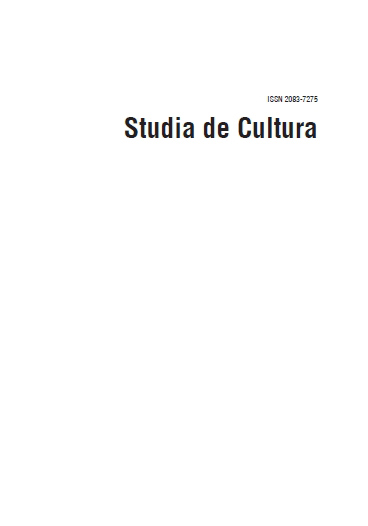Prywatne strony internetowe polonistów w posttradycyjnej edukacji
Private educational websites of teachers of the Polish language in post-traditional education
Author(s): Anna ŚlósarzSubject(s): Media studies, Theory of Communication, School education
Published by: Wydawnictwo Uniwersytetu Komisji Edukacji Narodowej w Krakowie
Keywords: private educational sites;post-traditional education;Key Competencies;new communication tools;national curriculum;teacher’s own curriculum;abandoned sites;templates of websites;on-line courses
Summary/Abstract: In the article, the author stresses the necessity to abandon the traditional ways of teaching the Polish language and instead to develop the Key Competencies by utilizing private educational websites. During the crisis of traditional Polish philology, Polish language teachers and tutors discover new challenges as a result of alteration of the communication tools. Private educational sites represent the hi-tech didactic tools, which may co-determine the shape of the post-traditional Polish language teaching. National curriculum 2008 gives teachers and tutors a lot of freedom in constructing their own curriculum, however it requires possession of high competencies of the subject, just as maintaining one’s own website does. A creative use of contemporary didactic tools (but not colonization of such) represents a chance to counteract digital exclusion, structural violence and cosmopolitan identification; in addition it promotes e-inclusion. These are educational tasks important in countries in which the foreign capital dominates the media market (e.g. in Poland or Russia). It is only in the countries of so-called “democratic corporatism” (e.g. Germany, Austria, Norway) that electronic media are supervised, respect values fundamental for the society, address national concerns and serve local communities. Therefore, creation of private professional educational sites by Polish language teachers and tutors offers a chance to promote the national culture, to transform the subject “Polish language” into a post-traditional one, to develop the Key Competencies and to promote e-inclusion.
Journal: Studia de Cultura
- Issue Year: 2010
- Issue No: 1
- Page Range: 44-56
- Page Count: 13
- Language: Polish

